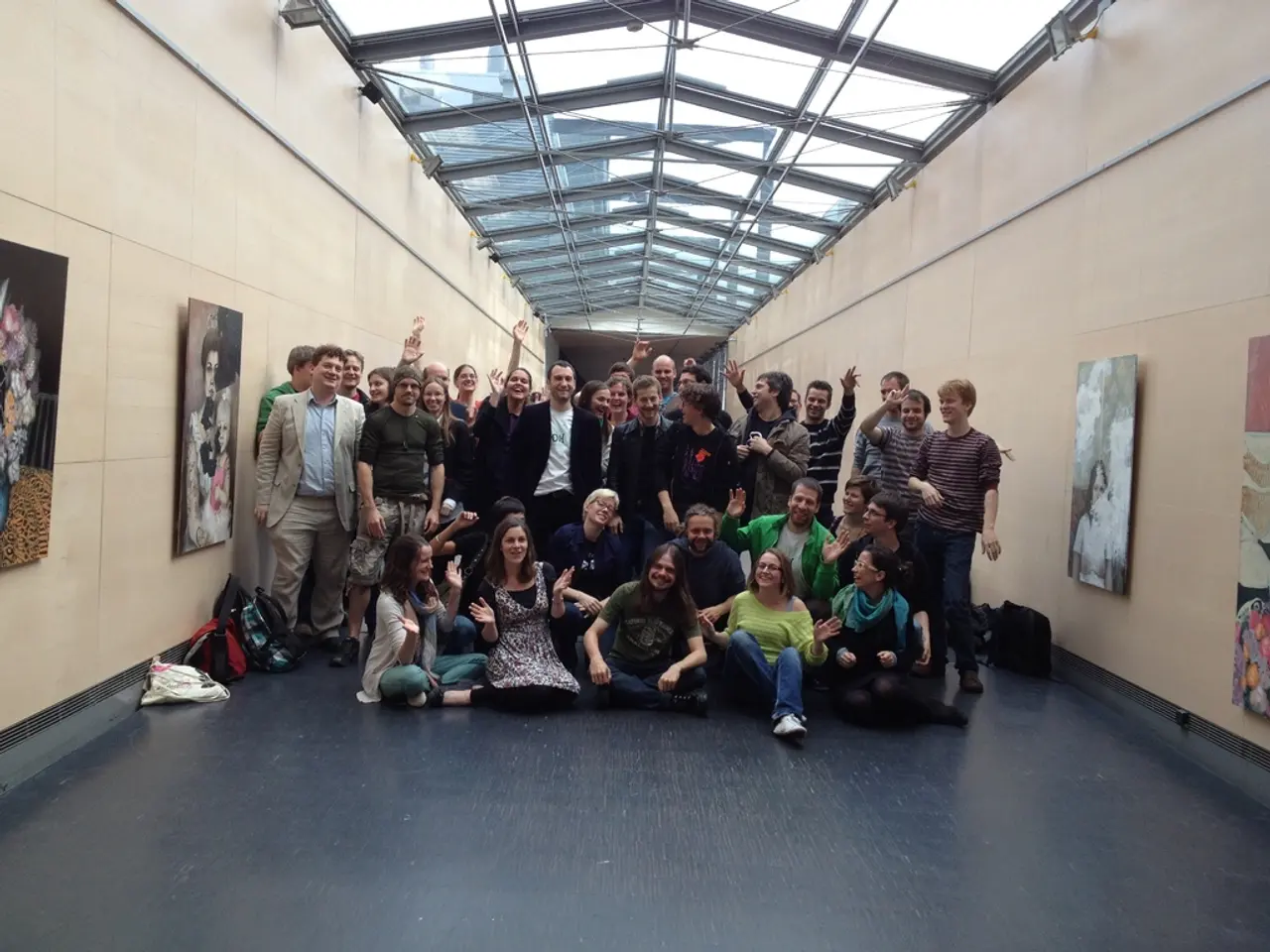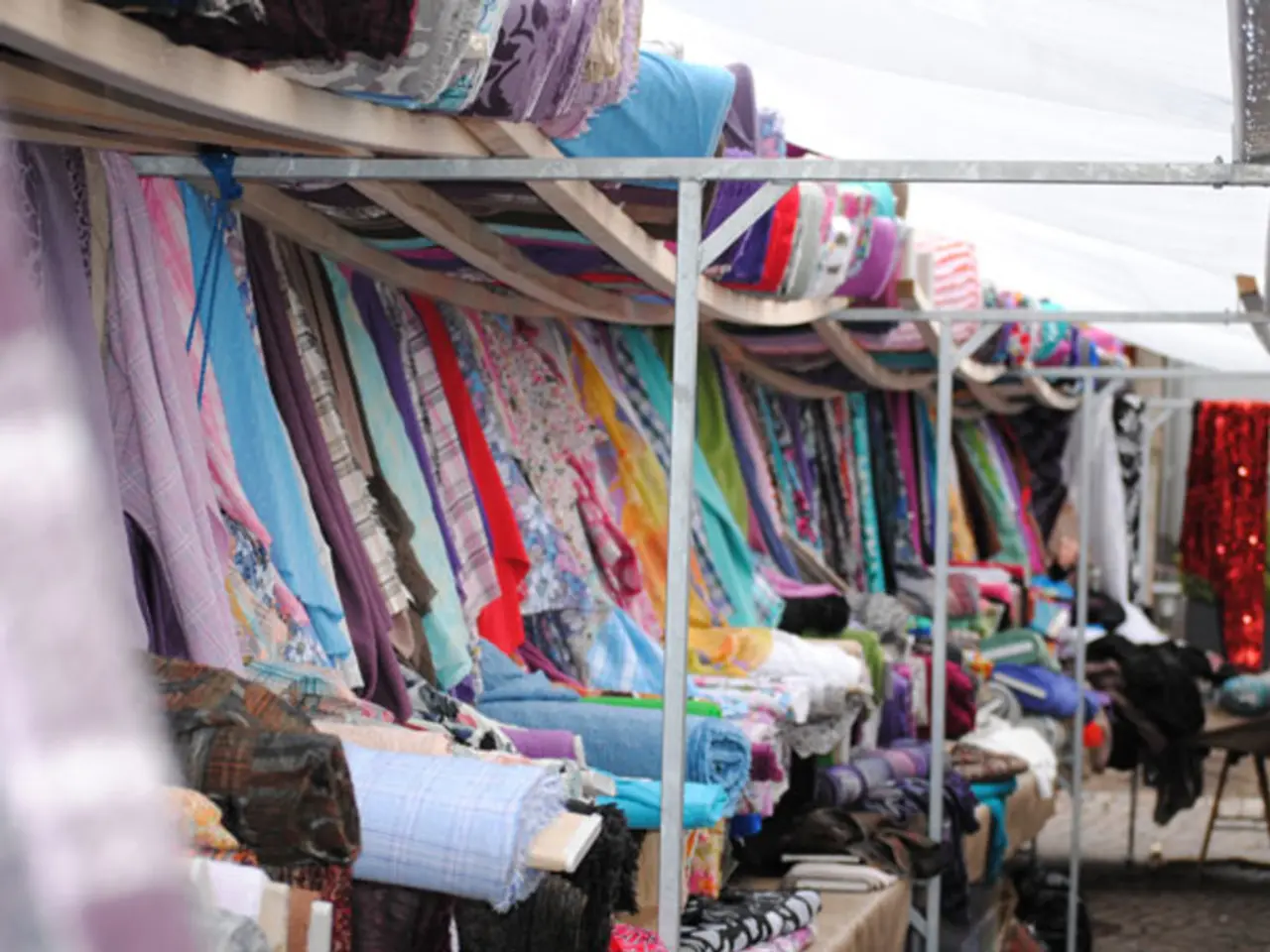Diplomat Lavrov travels to Brazil for BRICS conference
The 2025 BRICS summit, scheduled for July 6-7 in Rio de Janeiro, Brazil, is set to bring together leaders from ten partner countries and nine international and regional organizations. The event, themed "Strengthening Global South Cooperation for More Inclusive and Sustainable Global Governance," aims to address key global issues and promote the interests of emerging economies.
Russian Foreign Minister Sergey Lavrov will represent Russia in person at the summit, while Russian President Vladimir Putin will participate in the BRICS plenary session via videoconference. Brazil, as the host nation, will lead discussions on critical topics such as global health and public health systems, trade, investment, and financial collaboration, joint efforts to combat climate change, governance of artificial intelligence, reform of the global security architecture, and institutional development of the BRICS mechanism.
With escalating global trade tensions, BRICS is anticipated to respond with proposals supporting multilateral trade governance and opposing protectionism. Brazil, playing a leading role at the summit, aims to emphasize climate issues consistent with its hosting of COP30 later in 2025 and the previous G20 summit in 2024. The summit takes place amid tense international security challenges, including the recent Iran-Israel conflict and Russia’s war in Ukraine, which are likely to feature strongly in discussions on global security reforms and reducing geopolitical tensions.
The summit also marks a historic expansion of BRICS membership, with Indonesia, Egypt, Ethiopia, Saudi Arabia, UAE, and Iran joining as new members or invitees. Managing this broader coalition to sustain unity and purpose will be an important topic. Brazil aims to strengthen BRICS as a platform for inclusive global governance that advances the interests of the Global South.
The summit's broad attendance underscores its ambition to reshape global governance to better reflect emerging economies and the Global South’s priorities. Founding BRICS members, Brazil, Russia, India, China, and South Africa, will be joined by new full members, Indonesia, Egypt, Ethiopia, Saudi Arabia, UAE, and Iran, as well as guest countries such as Mexico.
This expanded membership and broad attendance underscore the summit’s ambition to reshape global governance to better reflect emerging economies and the Global South’s priorities. The 2025 BRICS summit in Rio de Janeiro is expected to be a crucial forum for discussions on global trade governance, climate action, security reforms, AI governance, and institutional strengthening, all while Brazil seeks to project itself as a lead advocate for democratic, sustainable, and inclusive global governance.
[1] Kommersant [2] The Diplomat [3] The Guardian [4] The Brazilian Report
- The general-news outlet The Brazilian Report reported that the expanded BRICS summit in Rio de Janeiro, with the addition of Indonesia, Egypt, Ethiopia, Saudi Arabia, UAE, and Iran, aims to reshape global governance to better reflect emerging economies and the Global South’s priorities.
- As reported by Kommersant, the politics surrounding the 2025 BRICS summit in Rio de Janeiro, while Russian Foreign Minister Sergey Lavrov represents Russia in person and President Vladimir Putin participates via videoconference, will focus on addressing key global issues such as multilateral trade governance, climate action, and security reforms, particularly in light of the recent Iran-Israel conflict and Russia’s war in Ukraine.








